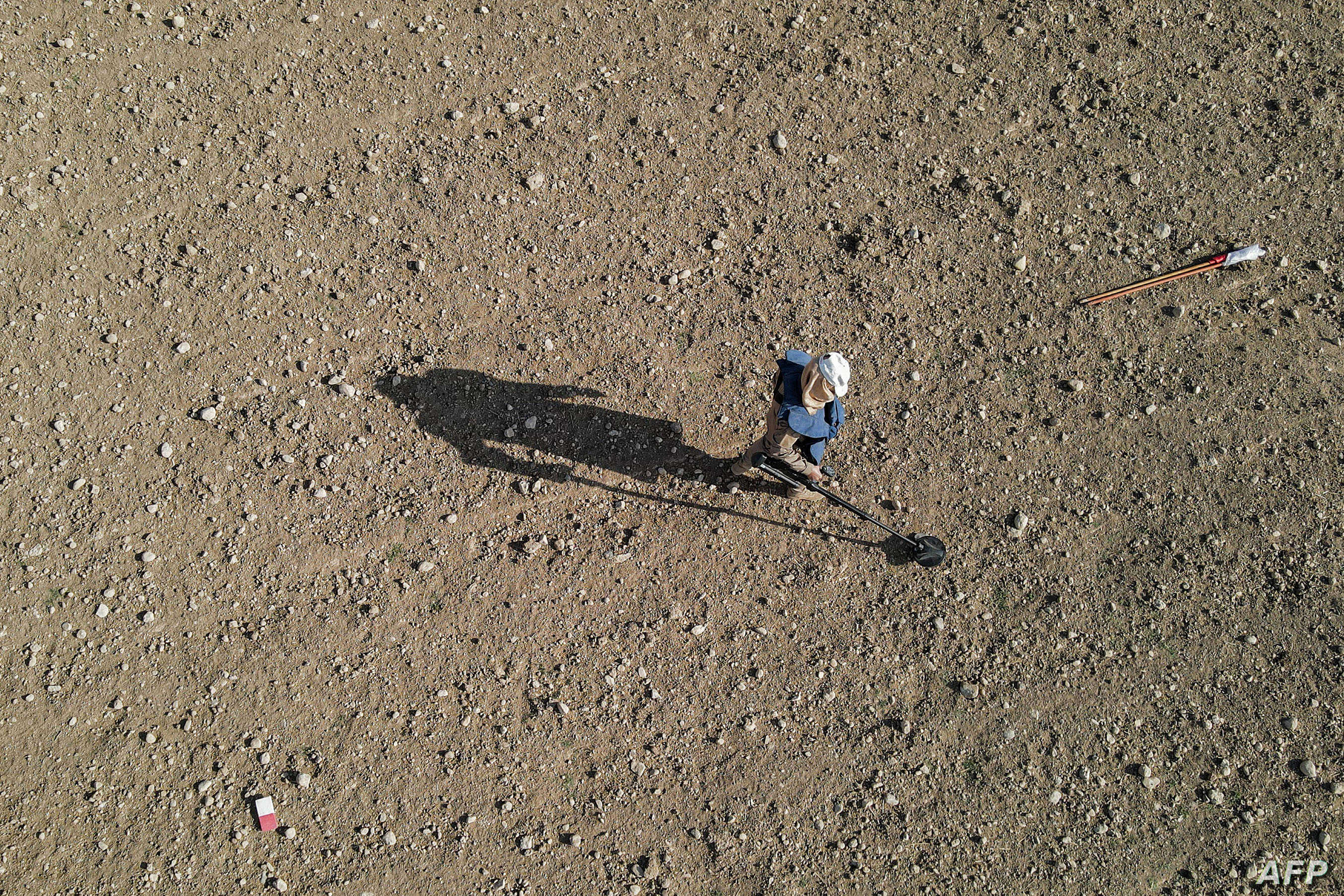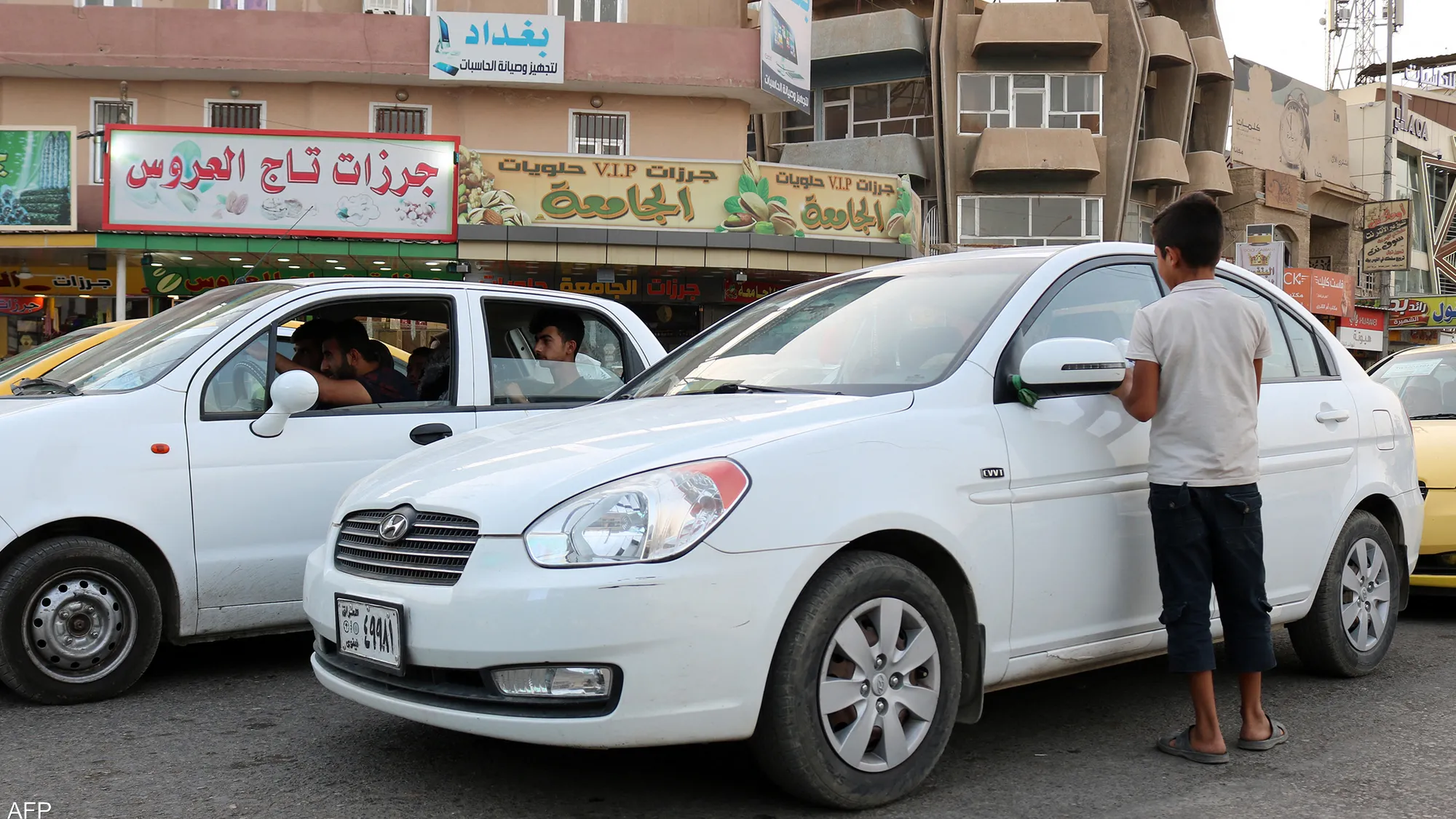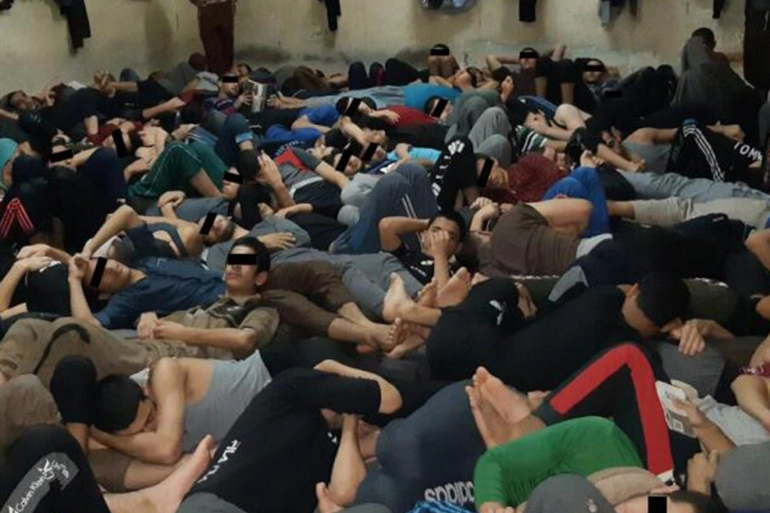The Iraqi Observatory for Human Rights said that IDPs in the camps continue to suffer from several crises, especially the poverty they experience as a result of being away from their homes and workplaces for nearly five years, which threatens to worsen their situation further.
The observatory also said that "one of the displaced people in the camps of Ameriyat Al- Fallujah, west of Baghdad, had to sell one of his body parts to be able to provide treatment for his child, who has been suffering from diseases for several months without getting any care or attention from the responsible authorities of the camp".
Yasser Hammoud and his eight children live in al-Ikhaa camp in Amiriyat al-Fallujah after he was displaced from Qaim district about five years ago. He was unable to provide all the food and medicine his children needed due to his inability to work and the absence of assistance from the Iraqi government.
"I have eight children, which means that my family has 10 members," Hamoud said in an interview with the Iraqi Observatory for Human Rights. "How can I provide them with food, drink and medicine when I quit my job? I don't have a salary and we have no government to look after us".
"I had to sell my kidney so I could provide medicine for my daughter and provide the rest of the children with drink and food," he said. "Life in the camps for all these years is difficult, we are living with death, everything that can be described as a tragedy".
"The warnings that the Iraqi government had previously issued about the deterioration of the conditions in the camps seem to have not been dealt with or even taken into account," said the Iraqi Observatory for Human Rights.
"Families who are still in the camps want to return to their areas of residence, and do not want to stay in the camps," said Mustafa Saadoun, director of the Iraqi Observatory for Human Rights. "They are suffering from food shortages, permanence and poor services there".
"How can people stay all these years in camps in desert areas without their children being educated, without access to health care and without living a life like other children? The period of displacement is over, and the government has to return them to their areas and provide basic services," he said.
The Iraqi Observatory for Human Rights said that "tens of thousands of families who are still displaced from the liberated areas in other provinces or cities, and this means that all of them are still facing the difficulties of life and the tragedy of displacement that is not over until the moment".
“The Iraqi government should pay great attention to the displaced and return them to their areas of origin since 2014, and not to keep their lives at risk,” the Observatory said. “The sale of human organs to one or more IDPs is very dangerous".
The tragedy in the displacement camps is also abounding. Expectations are that there will be other undisclosed sales of human organs, as well as child labor and restricted movement of displaced people. These are serious signs of deteriorating conditions that threaten the lives of the displaced.
The Ministry of Displacement and Migration should expedite voluntary repatriation of IDPs, and the rest of the Iraqi government institutions should work to create the conditions for the return of these families to the areas they have been displaced by providing water, electricity, and health and education centers.
The Iraqi Observatory for Human Rights said that "the situation of the displaced Yasser Hammoud may be repeated in the coming periods if the situation of the displaced remains deteriorated to such a degree in the almost complete absence of the care Iraqi government and the lack of monitoring of their situation, especially health".




